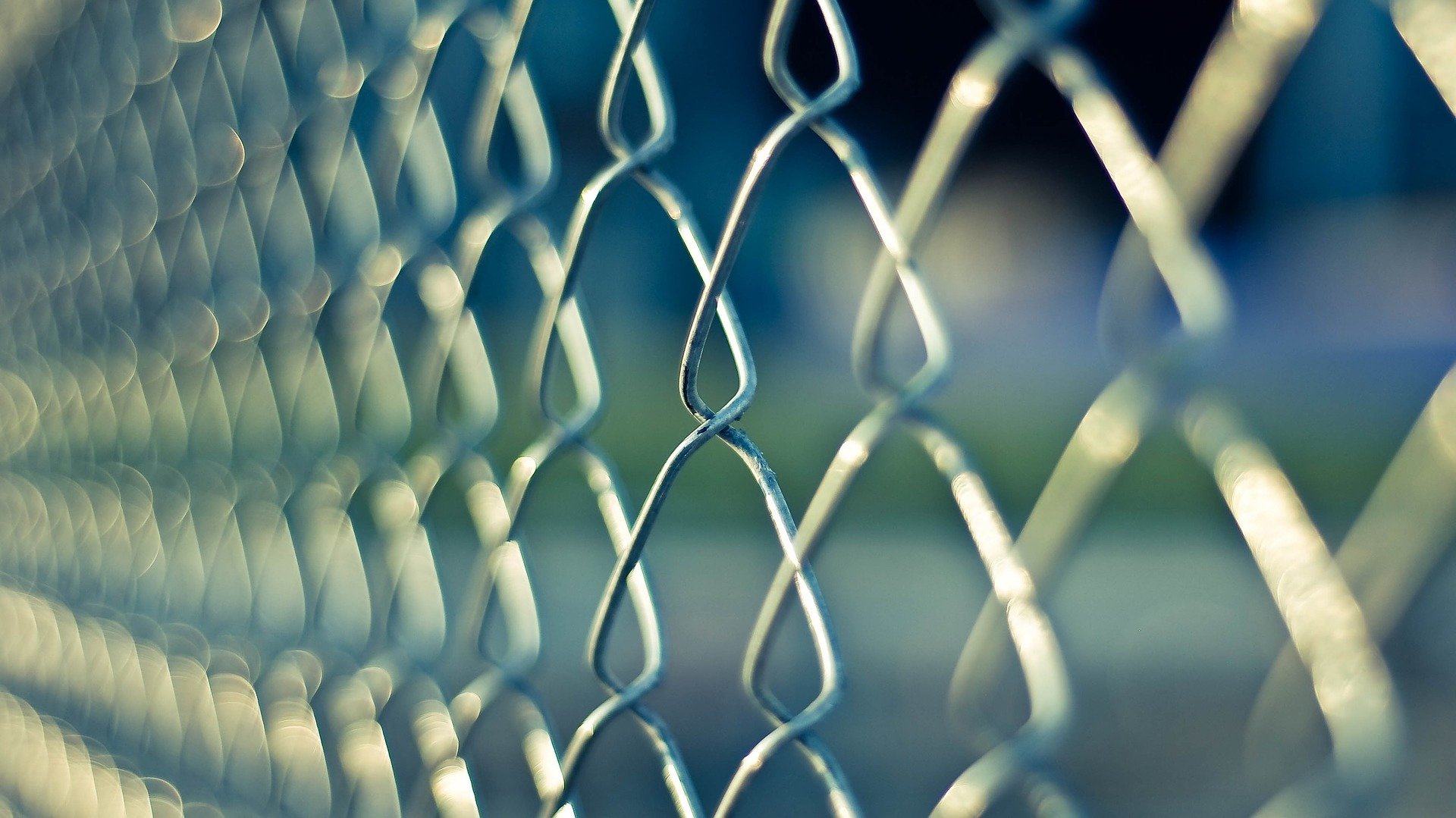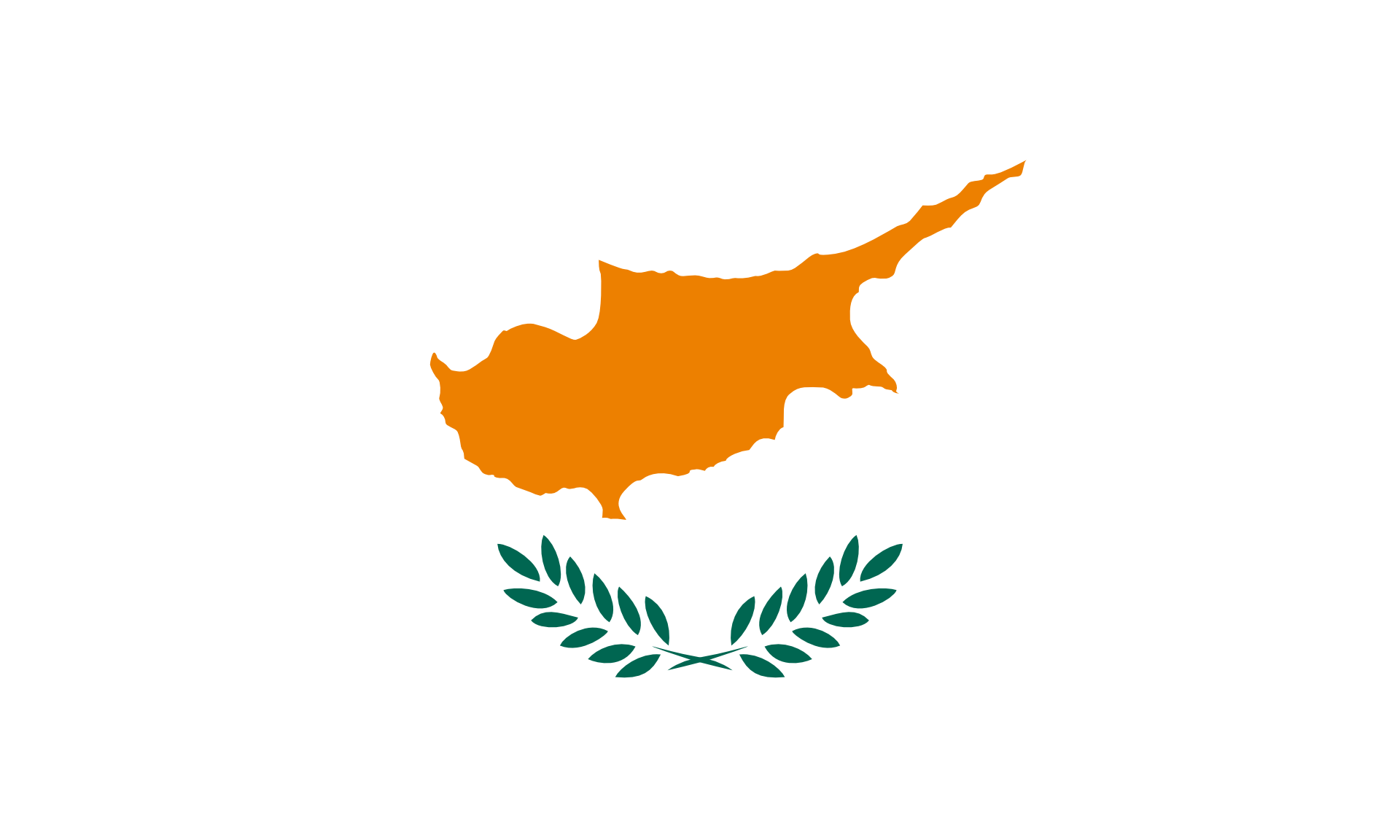Both sides in Cyprus assumed an early lockdown strategy during the COVID-19 crisis. The impact of restricted mobility was felt in all aspects of social life as social distancing measures included the first ever cancellation of Easter religious services in the Greek Cypriot community and the postponement of the presidential elections among the Turkish Cypriots. Despite these efforts, it is still hard to say whether authorities have dealt with the crisis competently. As in other parts of the world facing similar and unprecedented uncertainties, Cyprus is in the early days in the pandemic crisis. With the ‘peak’ of cases on both sides still on a distant horizon, experts are still cautious in making any predictions or recommending relaxing social distancing measures. Meanwhile, leaders seem to have lost the momentum to turn this crisis into an opportunity to foster cooperation between their communities and resumed the aligning peace process.
A dress rehearsal for COVID-19
Cyprus experienced a dress rehearsal for COVID-19 when in 28 February 2020 in anticipation of the pandemic, the Greek Cypriot led Republic of Cyprus (RoC) announced its decision to unilaterally restrict crossings. This included the prohibition of crossings to and from the north through the popular Ledra Street/Lokmaci checkpoint in the heart of divided Nicosia. The Greek Cypriot leader, President Anastasiades, explained that the restrictions were temporary and put in place as a precautionary policy. Critics considered the explanation to be disingenuous, pointing out that flights bringing in tourists from around the world continued unhindered at that stage. Moreover, the Greek Cypriot side had not consulted with the Turkish Cypriot side through the relevant bicommunal technical committees. This prompted groups in favour of reunification to stage protests on both sides of the checkpoint. On 28 February, a group of Greek Cypriot protestors opposed to the restrictions barged through the barricade to the north and scuffles broke out with police officers. This was countered several days later by Greek anti-deal forces who staged a demonstration in favour of the restrictions and demanded permanent closure of all crossings. On the 7th of March pro-reconciliation protestors gathered on either side of the Ledra Street crossing. Greek Cypriot police resorted to the use of teargas spray on Turkish Cypriot protestors attempting to cross to the south. On 9 March Cyprus recorded its first two cases of COVID-19, both in the south. The very next day the first case of the novel coronavirus was announced in the north.
The panic that ensued ensured that the crossings would close indefinitely. On 12 March the (internationally unrecognized) Turkish Republic of Northern Cyprus (TRNC) announced the temporary closure of two crossings and banned travellers from 22 countries. In tandem with much of the rest of the world, Cyprus was rushing toward an indefinite lockdown. On 21 March, the RoC instituted a ban on all inbound flights from Larnaca and Paphos and as Turkey also recorded cases of the coronavirus, Turkish Airlines service to Ercan/Tymbou airport was suspended on 28 March. Greek Cypriot reaction to COVID-19 went as far as restricting university students abroad from returning back to the island implementing instead a monthly compensation package for those continuing their studies abroad.
An unfortunate lack of cooperation
This sudden and dramatic disruption raises questions about how and whether Green Line crossings will resume in the near to medium term, if ever. As with the effective suspension of Schengen zone freedom of movement in the EU, the pandemic has direct implications for the political and economic future in Cyprus. Since 2003, crossings had been increasing alongside economic activity. Turkish Cypriot students who had been crossing daily for educational purposes now take courses online. Greek Cypriots who took advantage of cheaper petrol prices, commodities or medication in the north cannot do so at present. Tourists crossing from the Ledra Street checkpoint no longer patronize shopkeepers and restaurants. These examples symbolize the growing uncertainties after seventeen years of uninterrupted crossings and nascent cooperation between the two sides on the island that have led to mixed marriages, joint ventures and in some cases even to refugees returning back to their pre-1974 communities. With the suspension in crossings, Cyprus is suddenly more akin to the pre-2003 era when the communities were hermetically sealed from one another.
With the exception of some limited exchange of information and medical supplies, the two sides have prioritized individual responses in addressing the COVID-19 crisis. The lack of cooperation and coordination during the pandemic could be partly attributed to the declining trust between the leaders in the past few years and the nature of the pandemic itself so far dictating isolation and limited to zero contact. Ignoring the needs of the other side during these earth-shattering times, could inevitably leave a lasting legacy on the Cyprus problem and prospects of reunification. There is the real possibility that the suspension of crossings could become a new normal. After all, in recent months tensions in and around Cyprus had been ratcheting up. Disagreements on hydrocarbon extraction from the Eastern Mediterranean was spilling over into the broader regional disputes. Meanwhile, the Turkish Cypriots were on the brink of holding a Presidential election potentially jeopardizing incumbent Mustafa Akıncı’s pro-federation mandate. Polls before the crisis suggested a narrow win for Akinci currently facing a completely different poll. It is quite conceivable that political careers will be made and broken depending on how the coronavirus pandemic crisis unfolds. COVID-19 may initially induce lockdown, but longer term it will bring into sharper relief just what the future holds.
Thinking ahead of COVID-19
Yet, more cooperative outcomes are possible. In the following weeks and months joint action across the divide might become more conceivable. Bicommunal groups in Cyprus have pointed out to examples of cooperation around the world including in Israel and Palestine and cross-border assistance in France and Germany. Clearly, ‘demand’ for the crossings may influence decision-makers once the threat of the virus recedes. Against this, ethno-nationalists may lobby to preserve a new status quo. The outcome will depend on both public attitudes, but also on the ingenuity of political leaders. Working through the bicommunal technical committee structure is probably the best way to ensure effective communications and coordination going forward.
As part of past peace talks, a technical committee on health has been established therefore sharing medical supplies, expertise and even personnel could be possible and beneficial for both sides. A demonstrable success in health care coordination could conceivably result in greater appreciation of interdependencies and for institutions that regulate relations. The most urgent confidence-building measure is permitting the use of checkpoints for the exclusive use of ambulances/medical practitioners. Extending this potentially life-saving measure to Piroi/Gaziler as well as Kokkina/Erenkoy will also secure for at least some villages close to the Green Line a quicker access for emergency treatment (from several hours to less than forty minutes for some residents). Meanwhile, under UN auspices areas of the old Nicosia airport and elsewhere in the Green Line could be used for emergency health units/quarantine purposes (a fuller list of measures could be found here).
Greek Cypriots should lobby the EU for emergency aid to the Turkish Cypriots in addition to what is currently available. A deep recession could undermine any efforts to achieve macro-economic convergences. Moreover, the deepening of the looming economic crisis could further erode popular confidence in EU institutions. Much is at stake for the EU, not only in terms of shoring up Schengen, but also in terms of its broader commitments to member states, including divided Cyprus. The future of the continent will depend much on the demonstration of solidarity and the EU winning the battle of narratives in Cyprus and elsewhere. The two leaders will have to regain the lost momentum and steer their publics back to the reunification process. Alongside these measures, both sides in Cyprus (as well as Greece and Turkey) should also commit to cancelling military exercises for the remaining of the year and thereby redefining security priorities to address pandemics. Meanwhile, the UN team in Cyprus should support joint learning programs through the bicommunal committee on education. Ironically, it was Cypriot peace pioneers who invented such programs since 1995 when the two communities were hermetically sealed from one another (e.g. the tech4peace program). In the current crisis, new initiatives could target not only students now on home-schooling but also the entire population particularly the elderly. Such measures are likely to save lives as well as prepare the public for a renewed peace process once Cyprus and the rest of the globe enters the post-COVID-19 2019 era.
Note: This article gives the views of the authors, not the position of Greece@LSE, the Hellenic Observatory or the London School of Economics.






